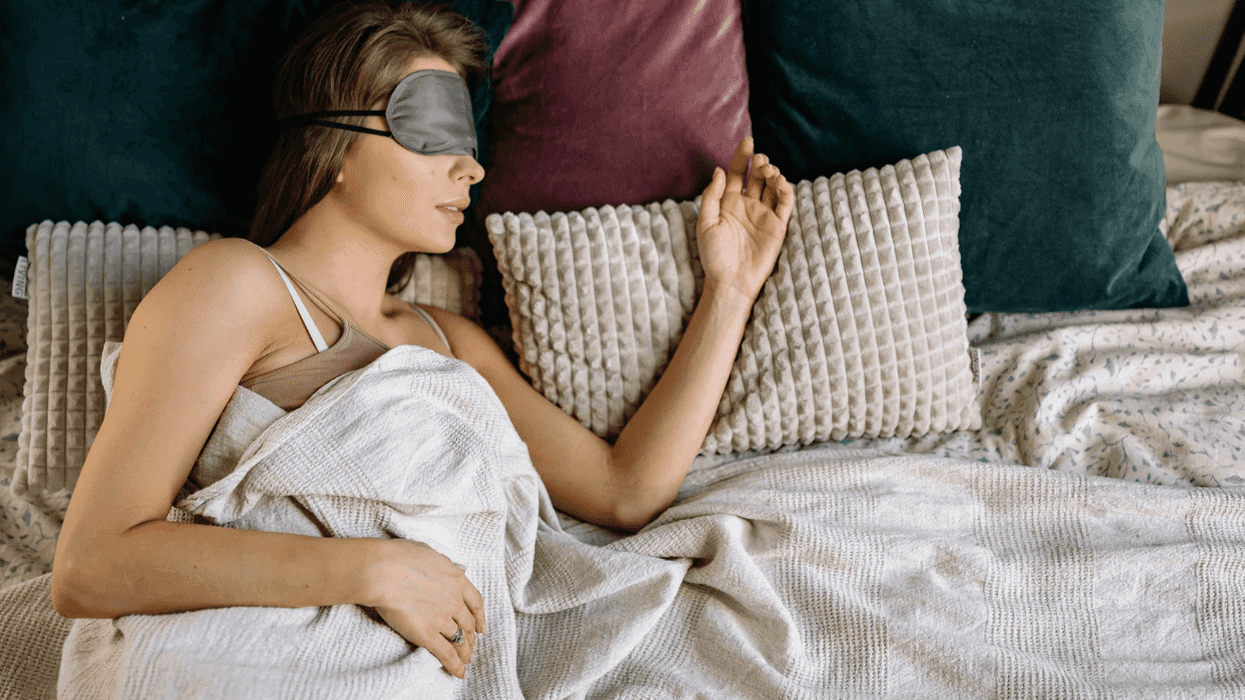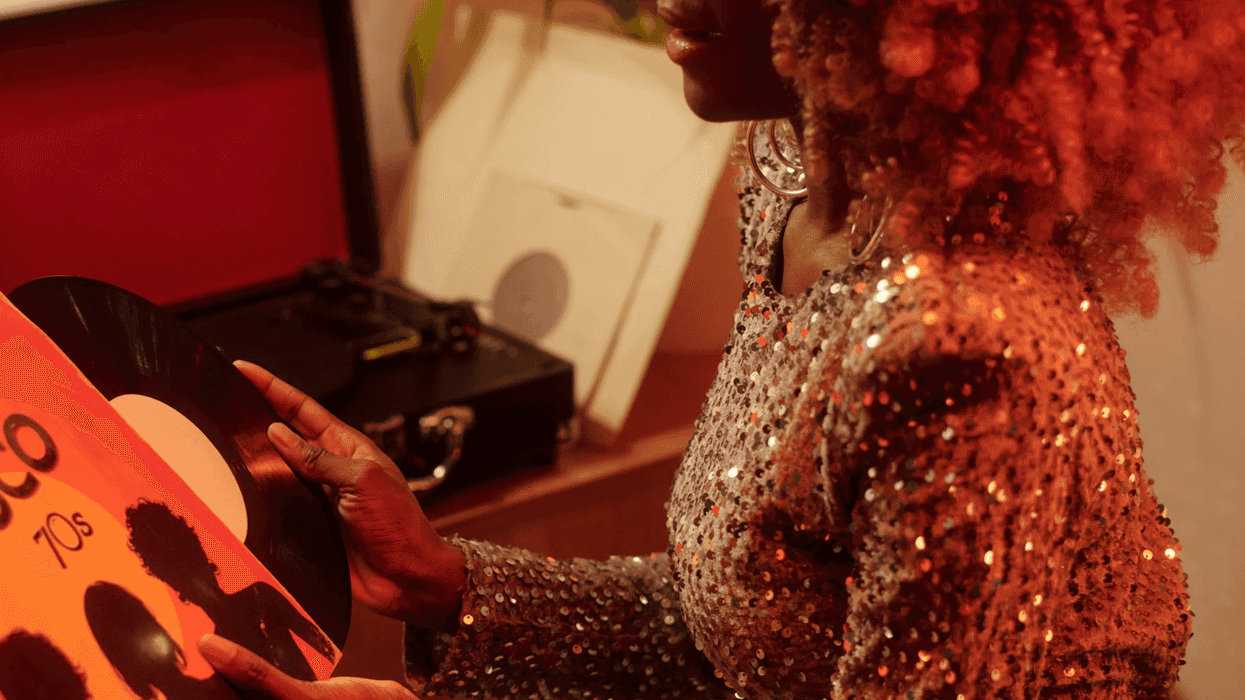Today, CNN International tackles a problem many people of color, myself included, have experienced over the years: Strangers touching your hair.
Tamara Winfrey Harris tells a story of being in a chain restaurant with her husband when their names were called for a table. Just as the couple rose to go, a middle-aged white woman standing nearby reached out swiftly to touch Winfrey Harris's hair which at the time was styled in natural twists. "She missed by mere seconds, she was actually going to grab my hair as I walked past her," recalled Winfrey Harris who runs the blog What Tami Said. "I turned around and she said, 'Oh, your hair is neat.'"
It may sound outrageous but, at least in my experience, this is a pretty common phenomenon. With a German mother and black father, I grew up with a head full of soft curls not unlike that of child actor Corbin Bleu. People often complimented my hair, which I appreciated. What I did not appreciate was when, at least once a month, someone would reach out and grab my hair without so much as asking me first, treating me like a thing to be stroked instead of a human being. "It's so cute," some would say. Others, the more infuriating ones, would ask, "How do you get it like that?" They'd never considered that a person's hair could look like mine naturally—I had to have a secret.
Psychologists call black hair-petting, and incidents like them, "microagressions." That is, "brief and commonplace daily verbal, behavioral, or environmental indignities, whether intentional or unintentional, that communicate hostile, derogatory, or negative racial slights and insults toward people of color." In other words, while most people who reach out and touch an African American's hair might think they're giving a compliment, what they're actually doing is creating a hostile environment for blacks without even knowing it. It's important to remember that just because somebody means well doesn't mean they're doing good.
[youtube]https://www.youtube.com/watch?v=PdpAop7gp0w
Photo via Flickr user ASA 100
















 Otis knew before they did.
Otis knew before they did.